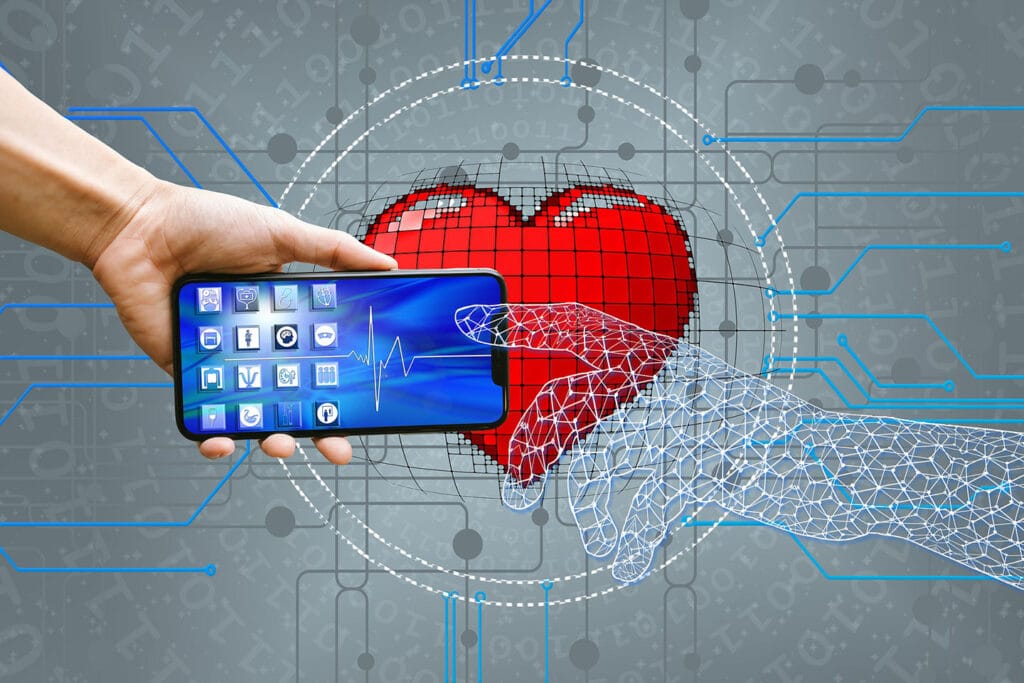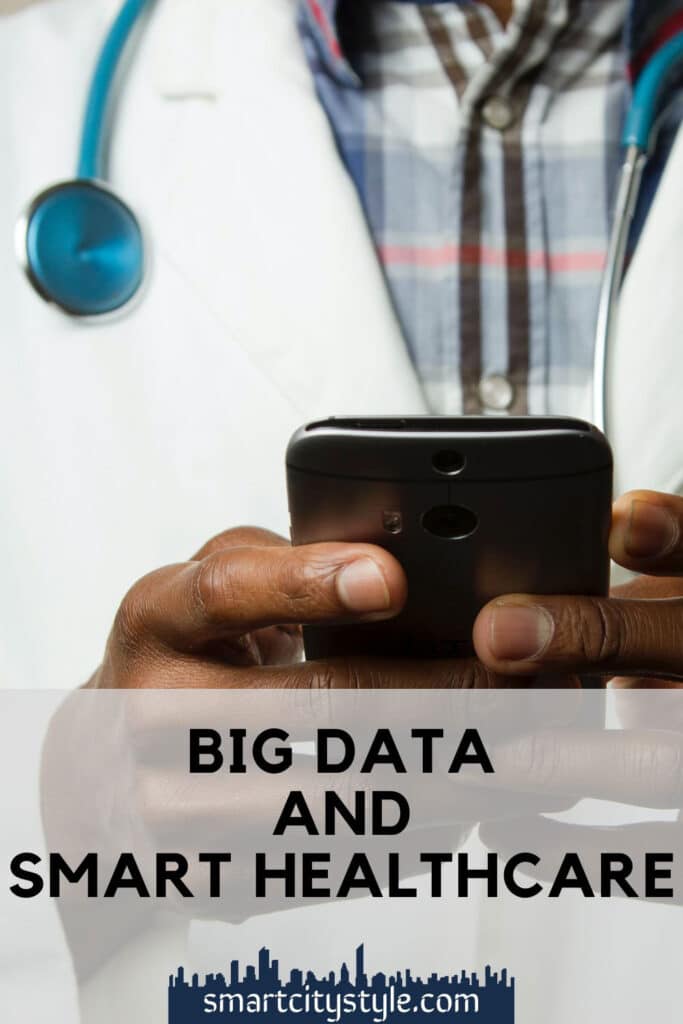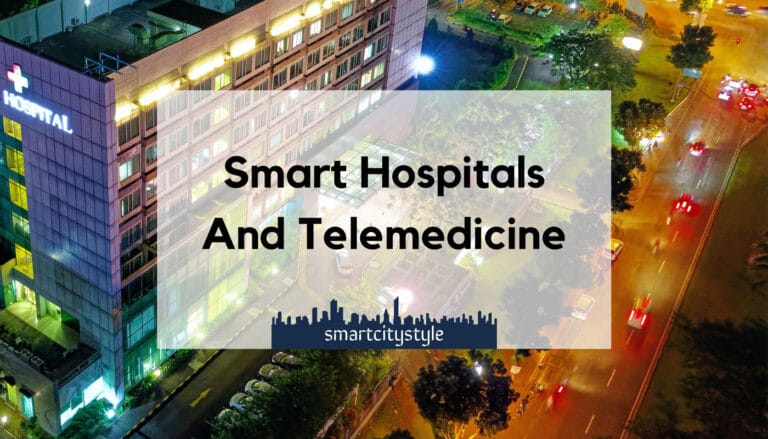Improving Patient Outcomes With Smart Healthcare and Big Data
Smart healthcare is on the rise worldwide, providing invaluable resources for medical professionals, staff, and patients. IoT sensors, wearable devices, and collecting data through smartphone apps provide real-time, personalized medical information to optimize treatment plans and monitoring that can transform the healthcare system while improving the quality of care and patient outcomes.
Big data collection tools facilitate more precise information, which helps patients receive not only appropriate services and medical attention but also the follow-up treatments they need to get the best outcome.
What Is Big Data, and What Role Does It Play in the Health System?
Data collection and analytics are standard in many industries, allowing organizations and companies to gather and compile data to assess. This data collection of information provides the key to finding solutions and companies to collect and compile data to assess.
The healthcare system uses valuable patient data to further research and study treatment options. Smart health systems are essential for optimal patient care throughout many healthcare facilities in North America, Europe, Asia, and worldwide.

While collecting health data from individual patients provides a personalized approach to care, compiling data also transmit crucial information about the success of specific treatment programs and outcomes.
These include monitoring and collecting data for all areas of medicine, whether it’s the results of therapy or surgery or the impacts of medication and lifestyle changes on blood pressure, heart rate, blood sugar, and other results.
As healthcare professionals monitor data for personal care plans, massive amounts of compiled information can produce reports on how specific procedures, pharmaceutical plans, and treatments work and how well they meet patient needs.
How Smart Healthcare and Big Data Improve Patient Care and Treatment
Smart healthcare systems improve patient outcomes by providing the industry and healthcare organizations with vital information, such as patient trends, patterns, consumer behaviors, products, and services used throughout treatment.

As information is collected and organized, further improvements can be made based on how well certain care plans work for a specific portion of the patient population based on medical history, age, genetics, and other factors.
Data is gathered from patients through various IoT devices. Smartphone apps and wearable devices are common already, but people can also use connected inhalers, heart-monitoring devices, and similar systems. These smart devices record and collect data more accurately than traditional reporting methods and can send it straight to physicians.

They monitor physical changes directly instead of relying on intermittent records from visits to the hospital or smart clinic or manual reporting from patients. Information from each patient is transmitted immediately through cloud computing systems, which use artificial intelligence and analytics to provide fast, effective results.
Benefits of Data in Smart Healthcare
This level of data collection offers many benefits for patients, healthcare providers, and the implementation of improved treatment options. This process involves using machine learning and advanced technology to analyze a collected high volume of data, which is organized to provide relevant reports on various processes, outcomes, and trends.

Data compiling allows the healthcare industry to process large amounts of information for better patient outcomes and further benefits:
- Data collection offers high-level outcomes which provide aggregate results of how well certain types of treatments or medications perform across certain populations of patients.
- It contributes to precision medicine, which helps provide specific personalized care using accurate results from patient data.
- Compiled information can lead to the discovery of new medicine, treatments, and programs for patients in the short term and future options.
- Tracking the outcome of new and experimental medications and identifying errors and adverse effects can lead to improved methods and prescription options.
- It provides diagnostics to help medical researchers and physicians identify the cause and symptoms of certain diseases and chronic illnesses.
- Reducing healthcare costs and improving the treatment of patients while reducing their need to depend on certain healthcare services over time and providing them with greater control over their outcomes.
Public healthcare organizations, international journals, and the WHO (World Health Organization) can assess and track disease and outbreak trends and how to develop strategies to prevent and treat them.
Preventative medicine is also a vital part of extensive data collection. It provides invaluable details that can be used in the study of genetics and predictors in disease, including lifestyle and diet, that can help prevent and treat illness.
The Importance of Digital Apps in the Healthcare Sector
Digital healthcare apps are valuable tools for medical professionals and the healthcare industry. These medical devices give patients greater convenience in collecting and transmitting information to healthcare professionals and care teams to adjust treatment plans.
Many applications in the smart healthcare market provide convenient tools and monitoring for patients and physicians.
- Digital health wearables are one of the industry’s biggest trends, including embedded smart sensors that monitor, record, and track data such as blood pressure, heart rate, blood sugar levels, and other vitals. This data is instantly sent to a patient’s physician for monitoring and adjusting care as needed.
- Birth control apps use smart algorithms to track a patient’s chances of fertility, using basal body temperature, tracking cycles, and analyzing the accuracy of results, which can support or reduce the need for contraceptives or similar birth control methods.
- Crowdsource apps offer invaluable resources for people with visual impairments by sourcing a large amount of data to provide relevant, helpful information, such as navigational support through urban streets and locations and valuable updates for healthcare and everyday tasks.
Final Thoughts
Smart healthcare is a growing trend throughout Asia, the United Kingdom, North America, and globally. Digital health systems provide the technology needed to manage vast amounts of useful data for analytics, future improvements in medicine, and creating better patient care outcomes.
A smart healthcare system provides essential support for a growing industry of medical professionals and improved solutions for patients’ well-being.
Inspired? Pin it!



